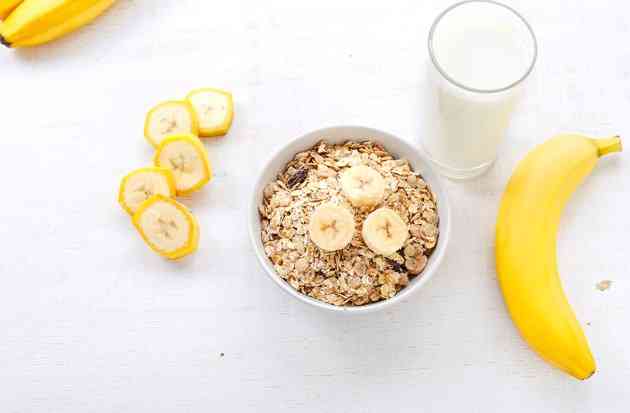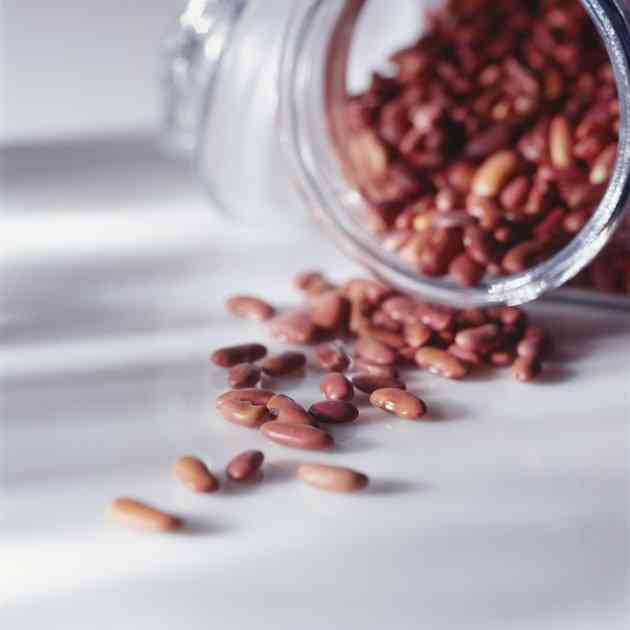Does Eating Before Bed Cause Dreams?

Although scientists are still unsure of the relationship between dreams and eating before bed, it is clear that eating close to sleeping can cause disrupted sleep. You should especially avoid heavy meals, spicy food and anything likely to create indigestion, starting about two to three hours before you go to sleep.
 Eating some foods too close to sleeping can decrease the restfulness of your sleep. (Image: Jack Hollingsworth/Blend Images/Getty Images)
Eating some foods too close to sleeping can decrease the restfulness of your sleep. (Image: Jack Hollingsworth/Blend Images/Getty Images)Sleep Science
While you sleep, your brain continues to be active. Your sleep cycles have a total of five stages: 1 through 4 and REM sleep. Your brain might produce some visual images in Stage 1, but it is in REM--or rapid eye movement--sleep that most dreaming occurs. According to the National Institute of Neurological Disorders and Stroke, stages 2 through 4 are deeper, with slower brain waves. Sleep is influenced by neurotransmitter signals in your brain, so anything that affects your brain chemistry, including food, medication, and addictive substances like nicotine, can affect your REM sleep, which in turn affects dreaming.
Sleep and Food
According to Medline Plus, eating right before bed can increase your metabolism and increase your brain's overnight activity, leading to dreams and nightmares. Some substances such as alcohol and nicotine cause a lighter sleep and prevent REM sleep, which decreases dreaming. However, some foods may increase REM sleep, which increases dreaming. Unfortunately, the exact cause of dreaming during REM sleep is unknown. It originates from signals in your cerebral cortex, an area of your brain that deals with learning and organizing information. Some leading scientists believe it is your brain's attempt to interpret these random signals.
Spicy Food and Dreaming
Recently, a study conducted by the University of Tasmania in Australia discovered that the old story that spicy foods cause dreams is probably false--and that the reverse is true. According to the New York Times, in this study a group of men ate spicy foods shortly before going to bed on some nights and bland food on other nights. After eating spicy meals, the subjects took longer to fall asleep and then spent more time in deep sleep, where you do not experience dreaming. So while spicy foods can disrupt your sleep, they probably will not cause nightmares.
Other Problems
Eating before bed can affect things other than dreams. Eating before bed can increase heartburn, a condition in which stomach acid leaks from your stomach into your esophagus. This can lead to burning sensations and chest pain, disrupting your sleep. According to the National Digestive Diseases Information Clearinghouse, eating right before sleep can also aggravate cyclical vomiting syndrome, in which individuals suffer from episodes of nausea and vomiting.




